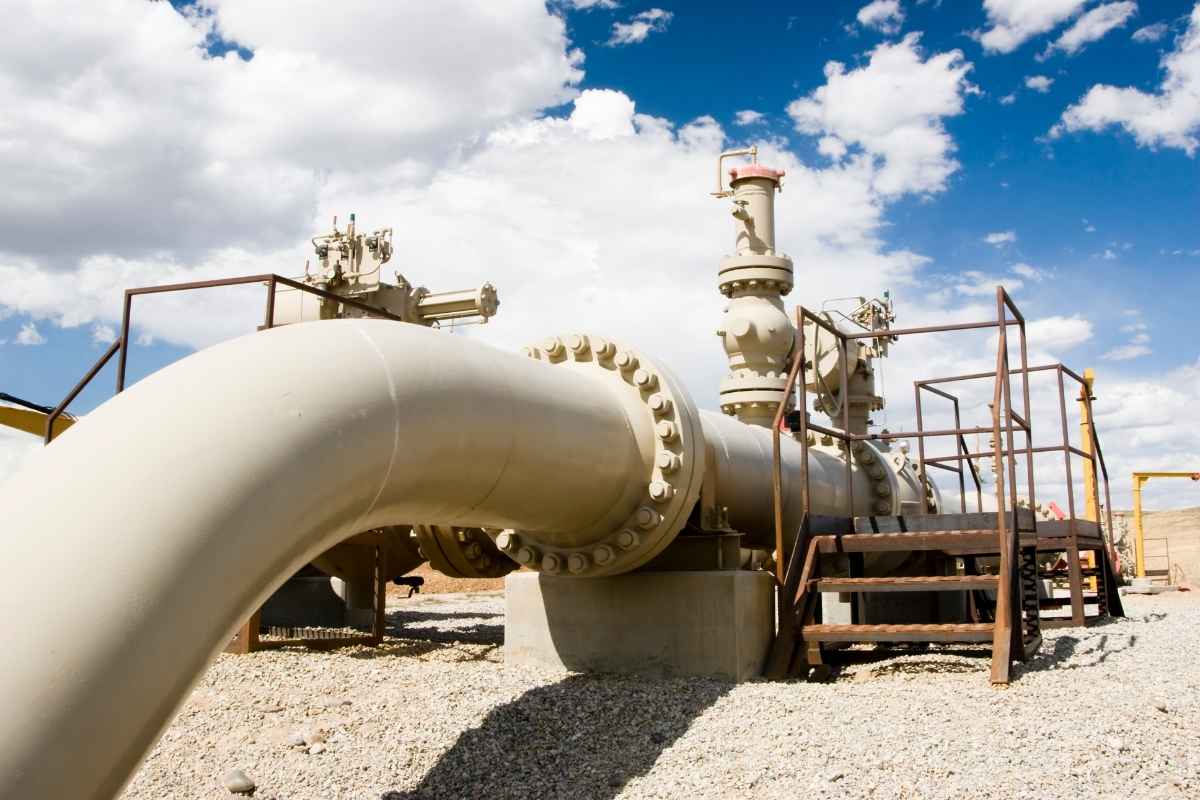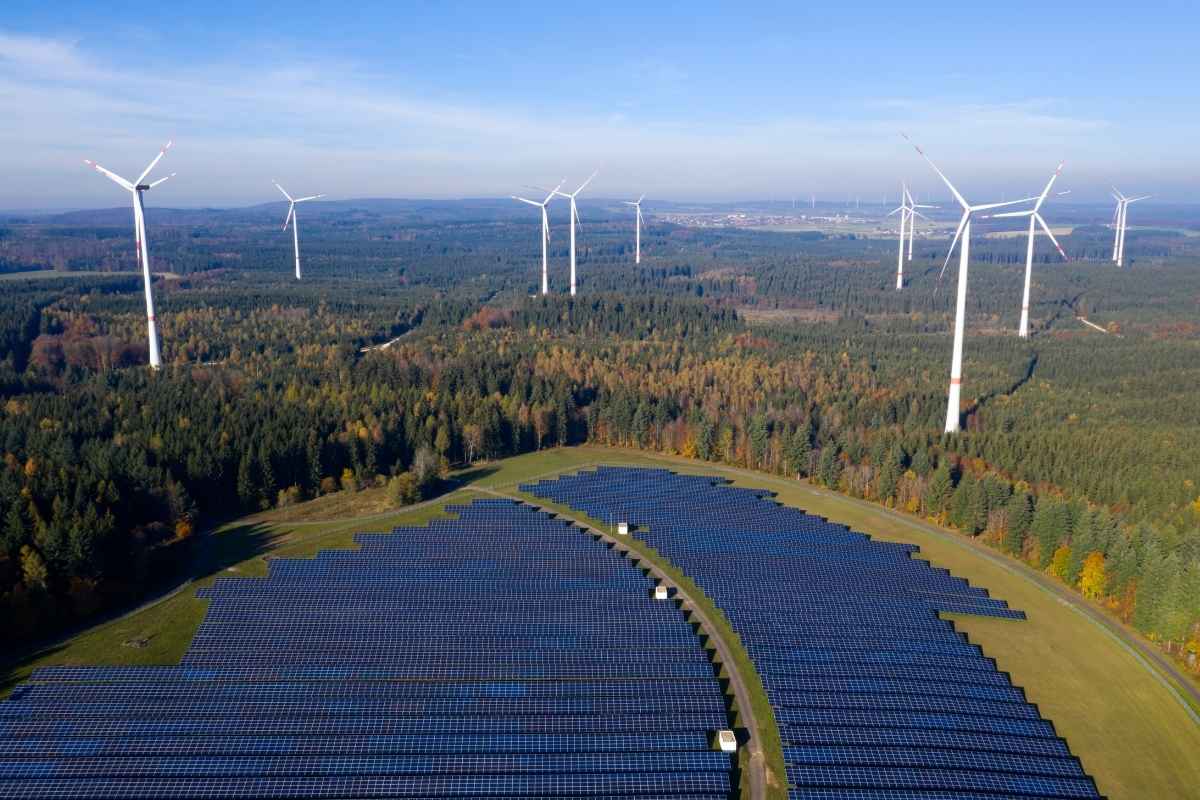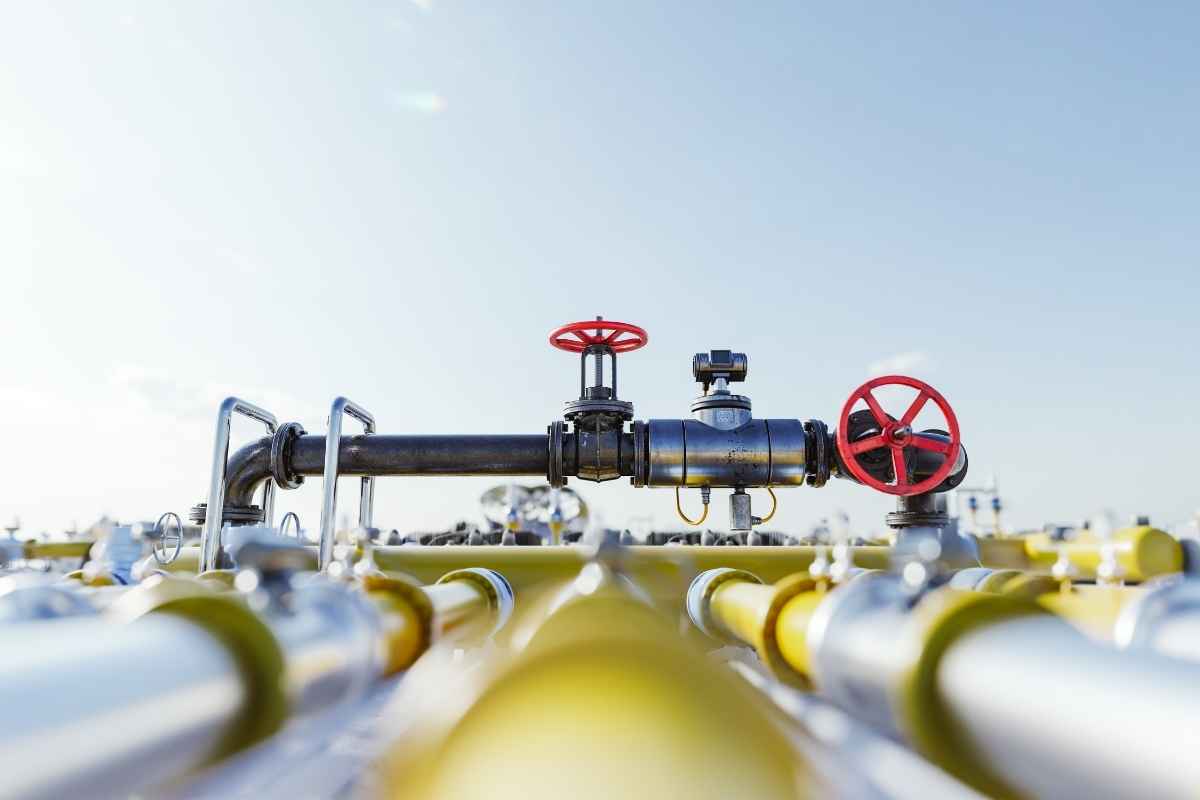Natural gas has become an essential energy source globally, especially for developing nations like India, as they shift towards cleaner, more sustainable energy solutions. A crucial factor that supports the widespread adoption of natural gas is the presence of efficient infrastructure, particularly natural gas pipelines. These pipelines serve as the backbone of natural gas distribution, delivering energy to industries, homes, and businesses. In this article, we will explore the benefits of natural gas pipelines and understand why they are vital for energy security, economic growth, and environmental sustainability.
1. Cost-Efficiency and Economic Growth

One of the primary benefits of natural gas pipelines is their cost-effectiveness. Natural gas is an affordable energy source, and when transported via pipelines, it becomes even more economically viable. Unlike other transportation methods, such as trucks or ships, pipelines offer a continuous flow of natural gas at a lower cost, reducing the overall price of energy for consumers and businesses alike.
For industries that rely heavily on energy, such as manufacturing and power generation, the availability of natural gas at competitive prices can significantly reduce operational costs. This, in turn, leads to increased production capacity, lower product prices, and higher profit margins. As industries flourish, so do local economies. The benefits of natural gas pipelines extend to job creation in pipeline construction, maintenance, and operation, contributing to overall economic development.
Furthermore, countries that invest in natural gas infrastructure, like India, are better positioned to attract foreign investments in energy-intensive industries. A reliable, affordable energy supply is a critical factor for companies looking to set up operations in new markets, and natural gas pipelines provide that assurance.
2. Environmental Benefits
Another significant benefit of natural gas pipelines is their contribution to environmental sustainability. Natural gas is considered a cleaner energy source compared to coal and oil. When burned, it emits lower levels of carbon dioxide (CO2), sulfur dioxide (SO2), and nitrogen oxides (NOx), all of which contribute to air pollution and climate change.
Pipelines also have a lower environmental impact compared to other forms of fuel transportation. Shipping natural gas by truck or rail involves the burning of additional fossil fuels, resulting in higher greenhouse gas emissions. Pipelines, on the other hand, use compression stations that operate efficiently and minimize energy loss during transportation.
Moreover, the widespread use of natural gas, facilitated by pipelines, helps countries transition to greener energy solutions. In India, for instance, natural gas is being increasingly used in power generation, replacing coal-fired plants that are notorious for their high emissions. The shift towards natural gas not only helps in reducing India’s carbon footprint but also improves air quality, leading to better public health outcomes.
3. Energy Security and Reliability

The benefits of natural gas pipelines are also evident in their role in ensuring energy security and reliability. Pipelines offer a continuous and uninterrupted supply of natural gas, making them a dependable energy source for both residential and industrial consumers. This is especially crucial in times of energy crises or supply chain disruptions.
For countries like India, which are heavily dependent on energy imports, building a robust network of natural gas pipelines can reduce reliance on foreign oil and coal. This diversification of energy sources enhances national energy security, shielding the economy from fluctuations in global energy prices.
Additionally, natural gas pipelines are designed to operate efficiently under various weather conditions, ensuring that energy supply remains consistent throughout the year. Unlike electricity grids, which are prone to outages during extreme weather events, pipelines can continue transporting natural gas even in adverse conditions, providing a stable energy source when it is needed most.
4. Safety and Operational Efficiency
Safety is another important consideration when discussing the benefits of natural gas pipelines. Modern pipelines are built using advanced materials and technologies that enhance their durability and safety. With stringent regulations and safety protocols in place, pipelines are among the safest methods of transporting energy.
Operators use real-time monitoring systems to track the flow of natural gas and detect any potential leaks or malfunctions. In the event of an issue, automated systems can quickly shut off sections of the pipeline to prevent accidents. This minimizes the risk of environmental damage or harm to human life.
Moreover, the operational efficiency of natural gas pipelines is a key advantage. Pipelines are designed to transport large volumes of natural gas over long distances with minimal energy loss. This efficiency is particularly beneficial in densely populated regions where the energy demand is high, ensuring that natural gas can reach consumers quickly and reliably.
5. Supporting Renewable Energy Integration

As the world shifts towards renewable energy sources like solar and wind power, natural gas pipelines play a critical role in supporting the energy transition. The benefits of natural gas pipelines in this context are twofold. First, they provide a reliable backup energy source when renewable sources are unavailable. Since solar and wind power are intermittent, natural gas can fill the gap during periods of low generation, ensuring a consistent energy supply.
Second, natural gas is often used in combination with renewable energy technologies. For example, gas-fired power plants can be quickly ramped up or down to balance the fluctuating output of solar and wind farms. This flexibility helps stabilize the grid, making it easier to integrate renewable energy into the national energy mix.
In countries like India, where the government has ambitious renewable energy targets, the integration of natural gas pipelines with renewable energy infrastructure is a key strategy for achieving a sustainable energy future. The benefits of natural gas pipelines, therefore, extend beyond their immediate economic and environmental advantages—they are instrumental in facilitating the transition to a cleaner, more resilient energy system.
Conclusion
In conclusion, the benefits of natural gas pipelines are vast and far-reaching. They provide an affordable, reliable, and environmentally friendly energy source, contributing to economic growth and national energy security. In countries like India, where energy demand is rapidly increasing, the development of natural gas pipeline infrastructure is essential for meeting the needs of both industry and households.
Moreover, natural gas pipelines support the integration of renewable energy sources, making them a critical component of the global transition towards a low-carbon future. By investing in natural gas infrastructure, nations can ensure a stable, sustainable energy supply while reducing their carbon footprint and promoting long-term economic development.
The benefits of natural gas pipelines cannot be overstated—they are a vital part of the energy landscape, offering solutions to some of the most pressing challenges of our time.
Found this article useful? Check out more of our posts at Oil Gas Energy Magazine!












